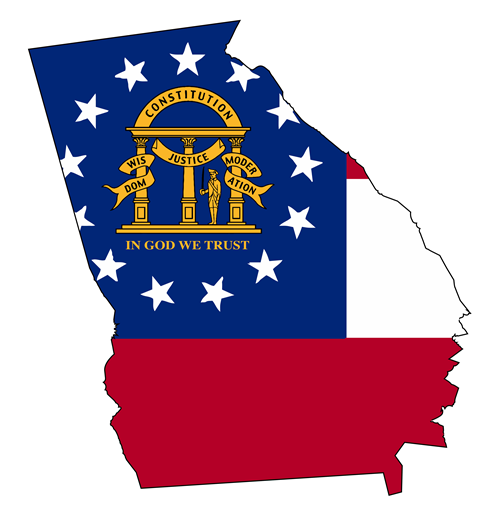
BACKGROUND
In an ever-evolving digital landscape, government agencies are increasingly seeking efficient and user-friendly solutions to streamline their operations. The Office of Commissioner of Insurance and Safety Fire (OCI) recognized the need to modernize their permit and licensing processes for the Manufactured Housing Department. They aimed to enhance data management, improve field inspections, and expedite the permit issuance process. To achieve this, OCI embarked on a journey to implement Citizenserve, a robust software solution designed to address these challenges and more.
CHALLENGE
Prior to implementing Citizenserve, OCI relied on an in-house created database to manage permits and licenses for manufactured housing. This system was outdated, cumbersome, and lacked the necessary features to facilitate efficient tracking and inspection of manufactured homes and plants. OCI inspectors had been using paper-based processes in the field, which not only consumed valuable time but also increased the likelihood of errors and delays in data entry and reporting.
The OCI project included multiple challenges. The existing database system was not designed to handle the specific needs of the Manufactured Housing Department, leading to data silos and inefficiencies in data management. Paper-based inspections were time-consuming and prone to human errors, impeding the timely issuance of permits and licenses. Additionally, OCI lacked the tools to effectively track HUD Labels on manufactured homes, a critical aspect of their regulatory responsibilities.
SOLUTION
To overcome these challenges, OCI embarked on the implementation of Citizenserve, a comprehensive software solution designed to streamline the permit and licensing process for government agencies. The implementation of Citizenserve brought several benefits. First, the transition from an in-house database to Citizenserve allowed OCI to seamlessly migrate their data, ensuring data continuity and eliminating manual data entry errors. Second, citizenserve was customized to specifically track HUD Labels on manufactured homes, enabling OCI to monitor compliance with federal regulations with precision. Third, the software facilitated a shift from paper-based inspections to tablets, enabling OCI inspectors to conduct inspections in the field more efficiently. This streamlined process expedited the issuance of permits and licenses. Fourth, citizenserve's web-based platform allowed authorized personnel to access and update information from anywhere, enhancing collaboration and reducing response times. And finally, the software introduced automation to various aspects of the permit and licensing process, reducing manual intervention and enhancing accuracy and efficiency.
OUTCOME
The implementation of Citizenserve has yielded remarkable results for OCI and the Manufactured Housing Department. The transition to Citizenserve has significantly improved the efficiency of permit and licensing processes. Inspectors now complete field inspections faster, which has resulted in a shorter permit issuance timeline. With the elimination of paper-based processes and manual data entry, the occurrence of errors has decreased, enhancing the accuracy and reliability of data. The customized tracking capabilities for HUD Labels have improved compliance monitoring, ensuring that manufactured homes adhere to federal regulations. Authorized personnel now have access to permit and licensing data from anywhere, fostering better collaboration among OCI staff. Additionally, the streamlined process has resulted in faster turnaround times, leading to increased customer satisfaction among those applying for permits and licenses.
"The successful implementation of Citizenserve has modernized the permit and licensing processes of the Office of Commissioner of Insurance and Safety Fire, Manufactured Housing Department. This case study serves as a testament to the transformative power of innovative software solutions in improving government operations, enhancing efficiency, and ultimately serving the public better."
